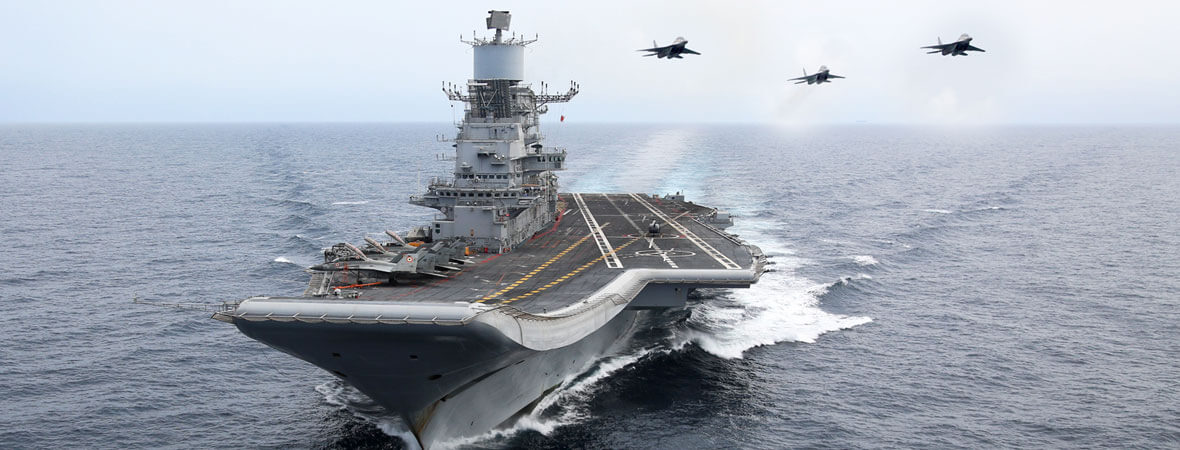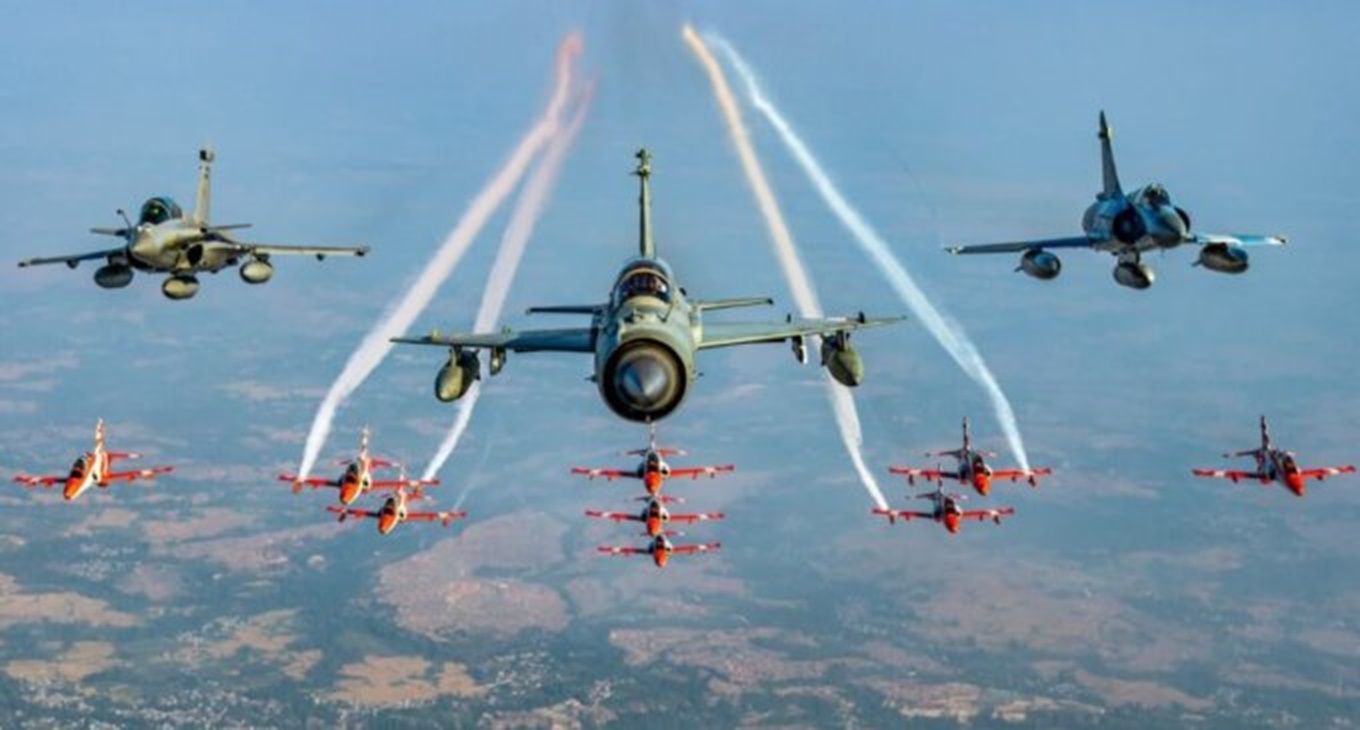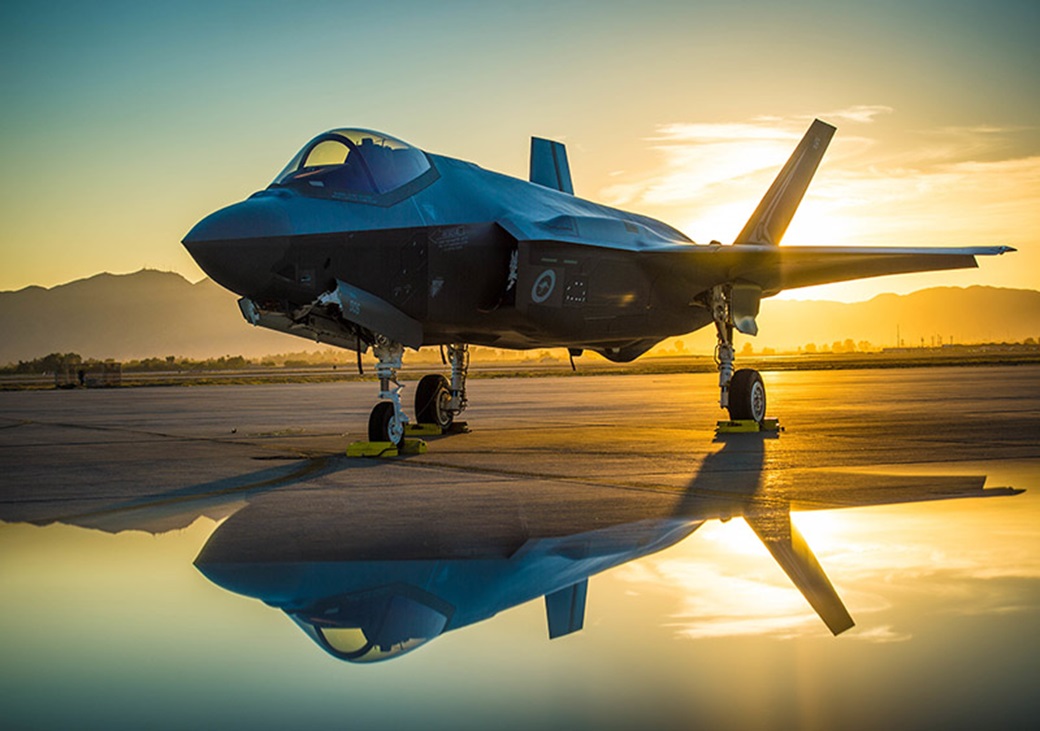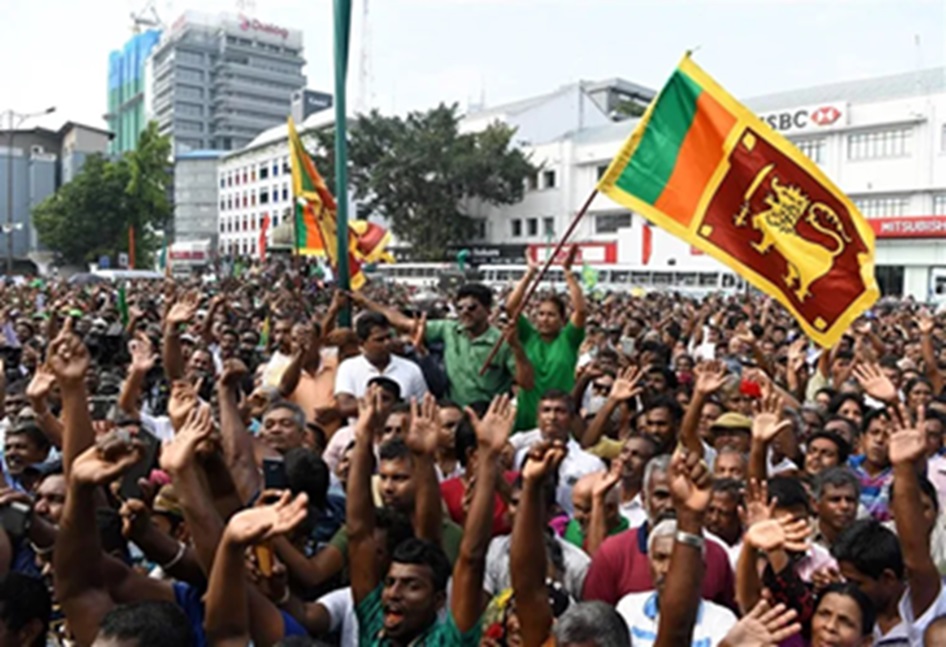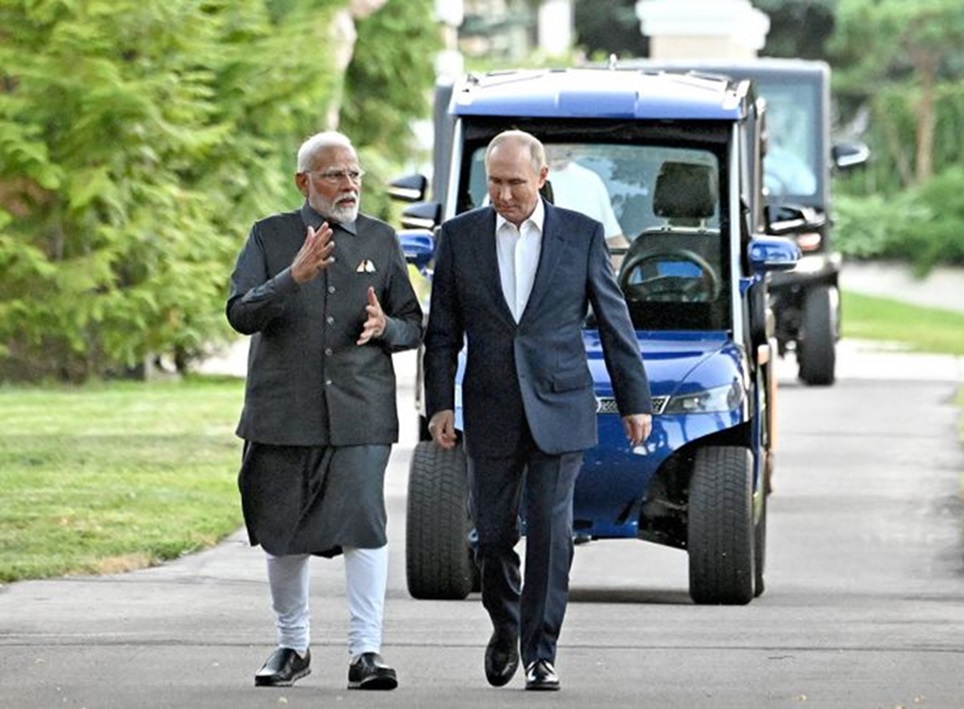Maritime security and linked issues are important elements of India’s foreign policy architecture. The Indian Navy and the Indian Coast Guard are closely associated with many of the initiatives and have contributed towards expanding India’s diplomatic engagement in the IOR and beyond. This includes periodic bilateral and multi-lateral exercises, information exchanges through maritime domain awareness, working together in areas such as search and rescue, maritime safety, pollution control, maritime law enforcement which would include countering narcotics and piracy, Humanitarian Assistance and Disaster Relief (HADR) as well as the exchange of ideas and views through seminars/dialogues on promoting maritime security and awareness. Long term engagement has also been initiated with several countries in capacity building, training assistance, refits of ships, joint exercises, coordinated patrols, the supply of hardware and product support.
In an increasingly interdependent world, developments outside the country irrespective of whether it is in the immediate neighbourhood or in any corner of the world could have a profound impact on the economy and overall growth of a nation. This could not have been more clearly demonstrated than by the current global crisis caused by COVID-19. Indications are that the pandemic may change the world order, concepts of national security, the balance of power and international trading patterns as we know today. While it may be a little early to analyse the full impact of the changes in the post-COVID-19 world order, there is no doubt that Foreign Policy would remain as the major instrument available to any nation to promote and safeguard its national interests across the world. While there are several different facets of external relations that a country has to manage, over the past few decades, maritime domain has become a critical factor in the economic well-being of most nations. This is essentially due to the fact that nearly 90 percent of world trade including energy resources and other critical commodities are transported across the oceans. It is even more so for a predominantly maritime nation like India which can, therefore, ill afford to ignore the maritime dimension of its foreign policy.
Read more at:
http://www.indiandefencereview.com/spotlights/maritime-dimensions-of-indias-foreign-policy/
Disclaimer: The views and opinions expressed by the author do not necessarily reflect the views of the Government of India and Defence Research and Studies
Title Image Courtesy: https://www.joinindiannavy.gov.in/

